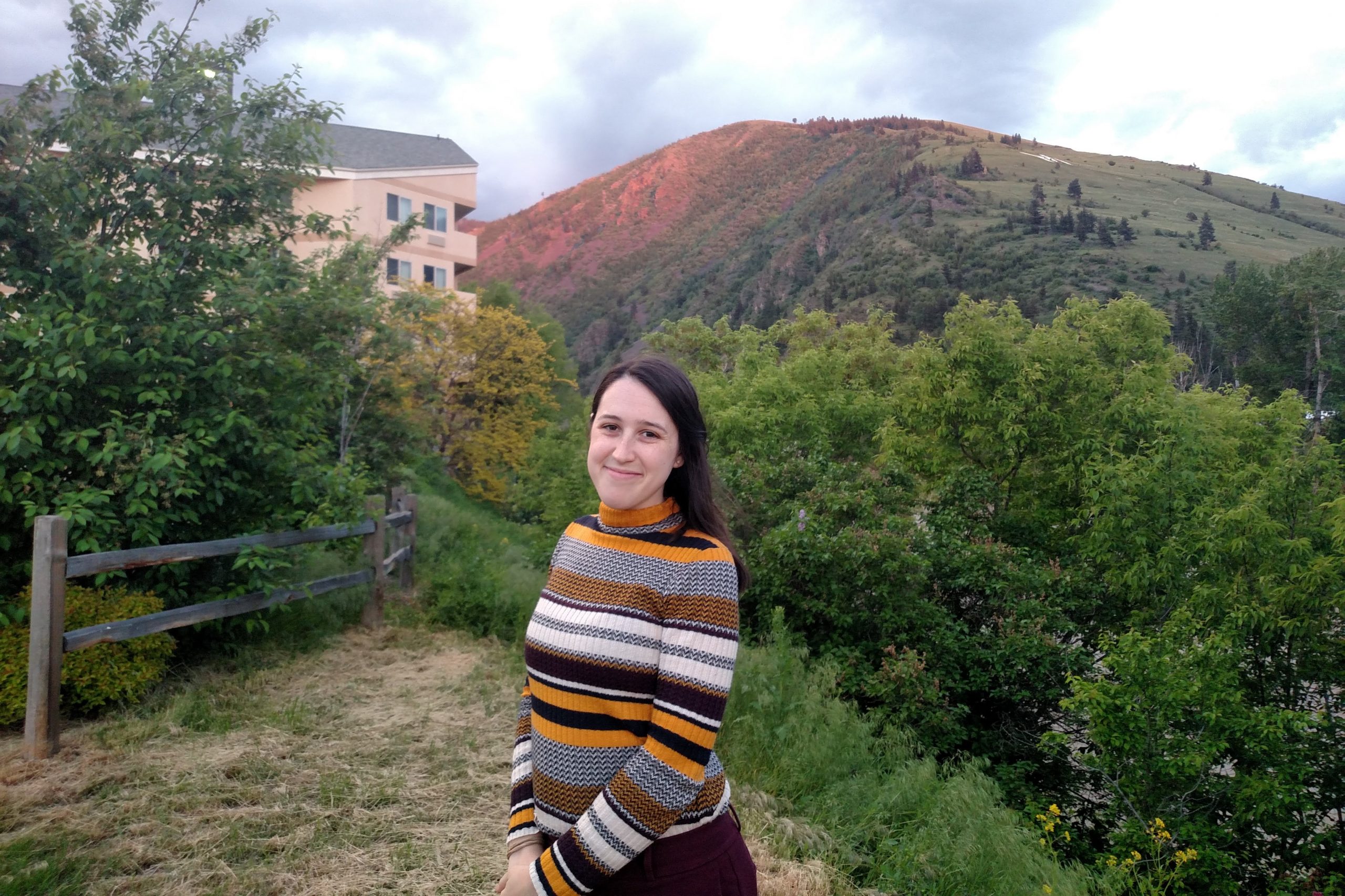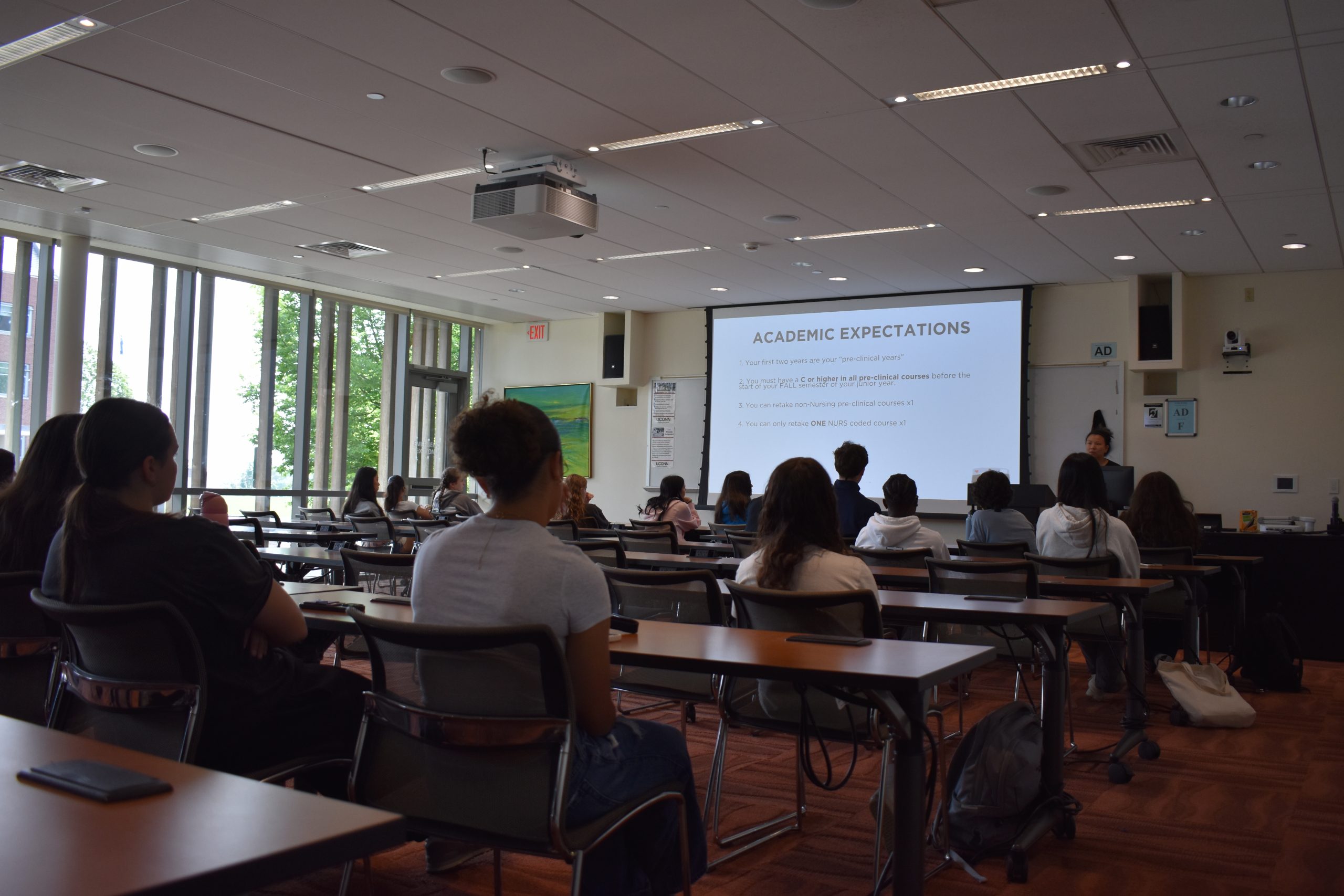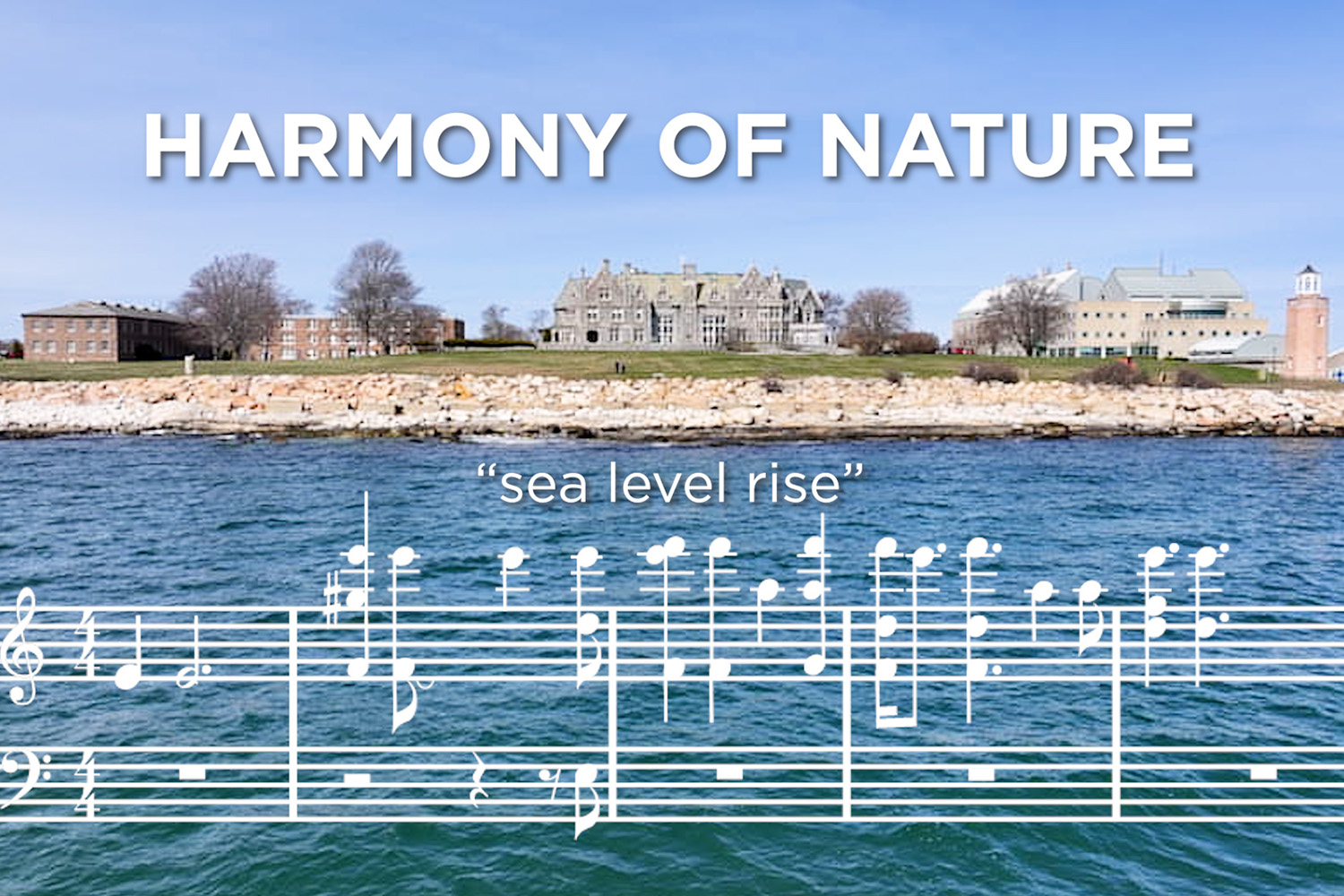Danielle Tanzer loves everything about the forest—whether she’s out hiking or collecting data for research. As a master’s student in the Department of Natural Resources and the Environment, she is most interested in ecosystem disturbances such as invasive plants, insects and drought. She credits her mom with instilling a love of nature and her dad with her research curiosity. Here’s what she had to say about UConn.
Where did you study as an undergraduate? What was your major?
I studied at the University of Michigan and received a BS in earth and environmental sciences and anthropology.
Why did you decide to go to graduate school?
I realized after working in the research sector for a few years that I wanted to learn more about forest ecology and further develop some of the skills needed to move forward in an ecology-focused career.
Who is your advisor? What is your field of research?
My advisor is Dr. Robert Fahey. My research uses remote sensing and dendrochronology to study interacting forest disturbances, specifically drought and gypsy moth outbreak in southern New England.
Name one aspect of your work that you like.
I’m thankful to enjoy so much of what I do. One of my favorite parts of my work at UConn is conducting fieldwork throughout the state. It’s been a chance to explore Connecticut, a state I’d never been to before moving here for school. I love seeing the different forests and all of the cool plants and fungi in each of them. And I’m working on my plant identification skills, so each outing is a learning opportunity.
In your opinion, what is your greatest accomplishment so far?
My greatest accomplishment so far is completing the 2019 field season. Our team collected over 1000 tree cores and surveyed all of the canopy trees across twenty-eight sites in Connecticut and Massachusetts. I’m proud of how much data we collected and I’m enjoying analyzing it.
When do you expect to get your degree? What then?
My anticipated graduation is spring 2021. I’m not sure yet what I’d like to do next, but I’m interested in work that uses remote sensing to research or manage for ecosystem disturbances and climate change.
Is there anything else you would like us to know about you?
I’m an amateur photographer. I especially enjoy taking macro photos of plants and bugs. And recently I started helping my peers stage some work photos, which was a lot of fun!
Has the current COVID pandemic affected your studies, grants or graduation date?
My studies were affected only in that my courses for the spring semester had to transition to online courses. My grants and graduation date are not affected at this time. My research has been adjusted in that I’m focusing on remote sensing work, which can be done at home, while I wait to find out if I can complete fieldwork and/or work on my tree core analysis in the lab this summer.



